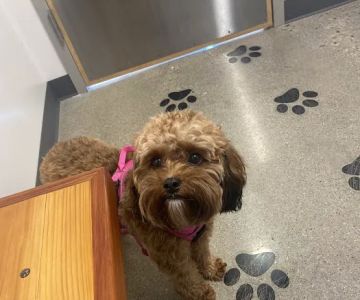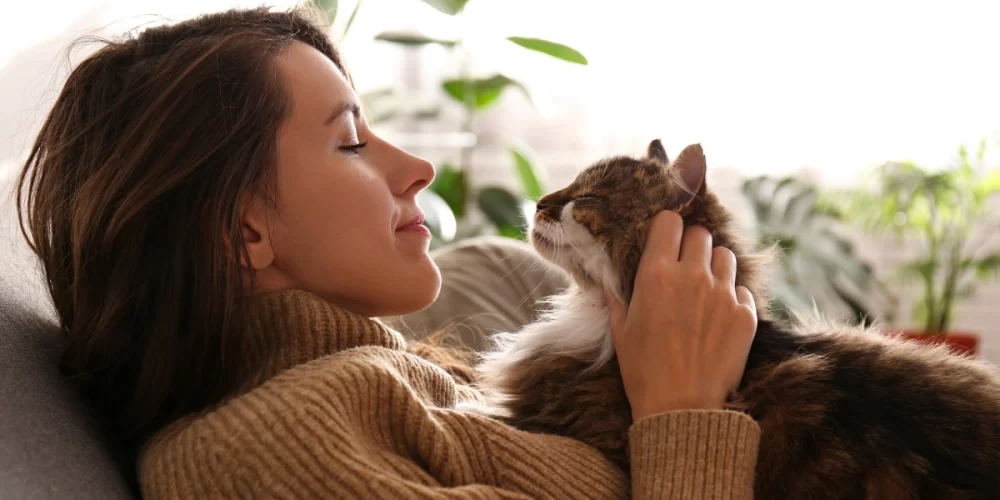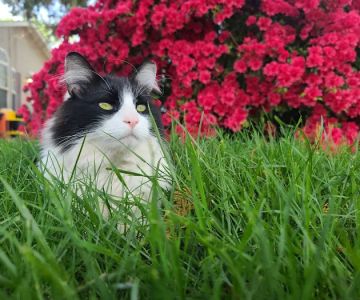- Common Health Problems in Senior Cats
- Caring for Your Aging Cat
- Preventive Measures for Senior Cats
- The Importance of Regular Vet Visits
1. Common Health Problems in Senior Cats
As cats grow older, they experience several health changes that require careful attention from their owners. Common health problems in senior cats can range from minor issues to serious conditions. Some of the most frequent problems include:
Arthritis: Joint pain and stiffness are common in older cats, leading to a decreased ability to jump or move freely. This can cause discomfort and affect their overall quality of life.
Kidney Disease: Chronic kidney disease is one of the most prevalent conditions in senior cats. As their kidneys begin to lose function, your cat may show signs of increased thirst, urination, and weight loss.
Dental Issues: Older cats often suffer from dental disease, which can lead to gum infection, bad breath, and difficulty eating. Regular dental check-ups are vital for maintaining their oral health.
Hyperthyroidism: This condition occurs when the thyroid gland produces too much thyroid hormone, leading to weight loss, increased appetite, and hyperactivity in your senior cat.
Heart Disease: Like humans, senior cats can also develop heart problems. Symptoms include lethargy, coughing, or trouble breathing. Heart disease can significantly impact your cat’s well-being.

980 E Northwest Hwy, Arlington Heights, IL 60004, USA
See Details2. Caring for Your Aging Cat
Ensuring your senior cat remains comfortable and healthy requires special care and attention. Here are some practical tips for looking after your aging feline:
Regular Exercise: While your cat may not be as active as they once were, it’s important to encourage light exercise to keep their muscles and joints strong. Gentle play sessions using toys or interactive games can help them stay active.
Comfortable Living Space: Senior cats often experience joint pain, so make sure their environment is easy to navigate. Provide soft bedding, ramps or steps to help them reach their favorite spots, and ensure their food and litter box are easily accessible.
Balanced Diet: A nutritious diet tailored to their age and health needs can improve your cat’s overall health. Consult with your vet to find the best senior cat food, which may include joint supplements or specially formulated kibble for aging cats.
3. Preventive Measures for Senior Cats
Taking preventive measures can help avoid or mitigate many common health problems in senior cats. Preventive care includes:
Regular Vet Check-ups: Senior cats should have veterinary check-ups at least twice a year to monitor their health and catch any potential problems early. Routine blood tests, urine analysis, and other diagnostic tools can help detect conditions like kidney disease or hyperthyroidism.
Parasite Prevention: Keep your senior cat protected from parasites such as fleas, ticks, and worms. Regular parasite prevention is crucial, even for indoor cats, as these pests can cause significant health issues.
Hydration: Ensure your senior cat stays well-hydrated, as older cats are more prone to dehydration. Provide fresh water at all times and consider using a cat water fountain to encourage drinking.
4. The Importance of Regular Vet Visits
Regular visits to the vet are vital for monitoring your senior cat’s health. As cats age, they are more susceptible to chronic conditions that can affect their quality of life. Early detection and treatment are essential to managing health problems and ensuring your cat’s comfort. Your veterinarian will recommend a personalized care plan based on your cat’s specific needs, which may include medications, dietary changes, or additional therapies.
At Hidden Brook Veterinary, we specialize in senior cat care and can help you create a comprehensive health plan to keep your feline companion healthy and happy throughout their golden years. Contact us to learn more about our products and services tailored for senior cats.











